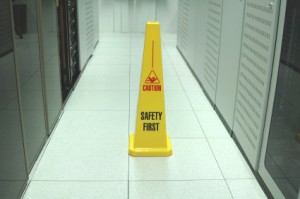 Workplace accidents make headline news, but employers neglect staff health at their peril.
Workplace accidents make headline news, but employers neglect staff health at their peril.
Patricia Murray, an occupational psychologist and inspector with the Health and Safety Authority, says employers and institutions have a responsibility “not to cause or exacerbate (existing) health problems. This responsibility is outlined by EU and national legislation”.
Different health scenarios will arise in different workplaces. Dermatitis could be exacerbated by chemical products used in healthcare, hairdressing, cleaning, or manufacturing. In the health or biomedical industries, including university science labs, employers have to guard against threats posed by blood borne viruses.
In an office environment, workers might be seated at a desk hunched over a computer, and could be at a higher risk of developing muscular-skeletal disorders. Increasingly, mental health and wellbeing is being factored into workplace health plans.
“If an employer is forewarned about workplace health issues that can be anything from high stress caused by bullying to back pain caused by inappropriate desks – and they do nothing about it, they’re burying their head in the sand,” says Murray. “But if they do an analysis of the problem, address it, and offer supports where appropriate, they’ll avoid problems down the line.”
The best approach is to address health issues before they arise.
Worker involvement may be the key factor in workplace health management. “Who knows the workplace best?” asks Christa Sedlatschek, director of the European Agency for Safety and Health at Work.
“The workers, the people who do the job. They are the experts. They know the problems that can arise, and the problems that they have. In carrying out a risk assessment, it is essential to have them on board.”
The Irish Times, 22/02/2012
